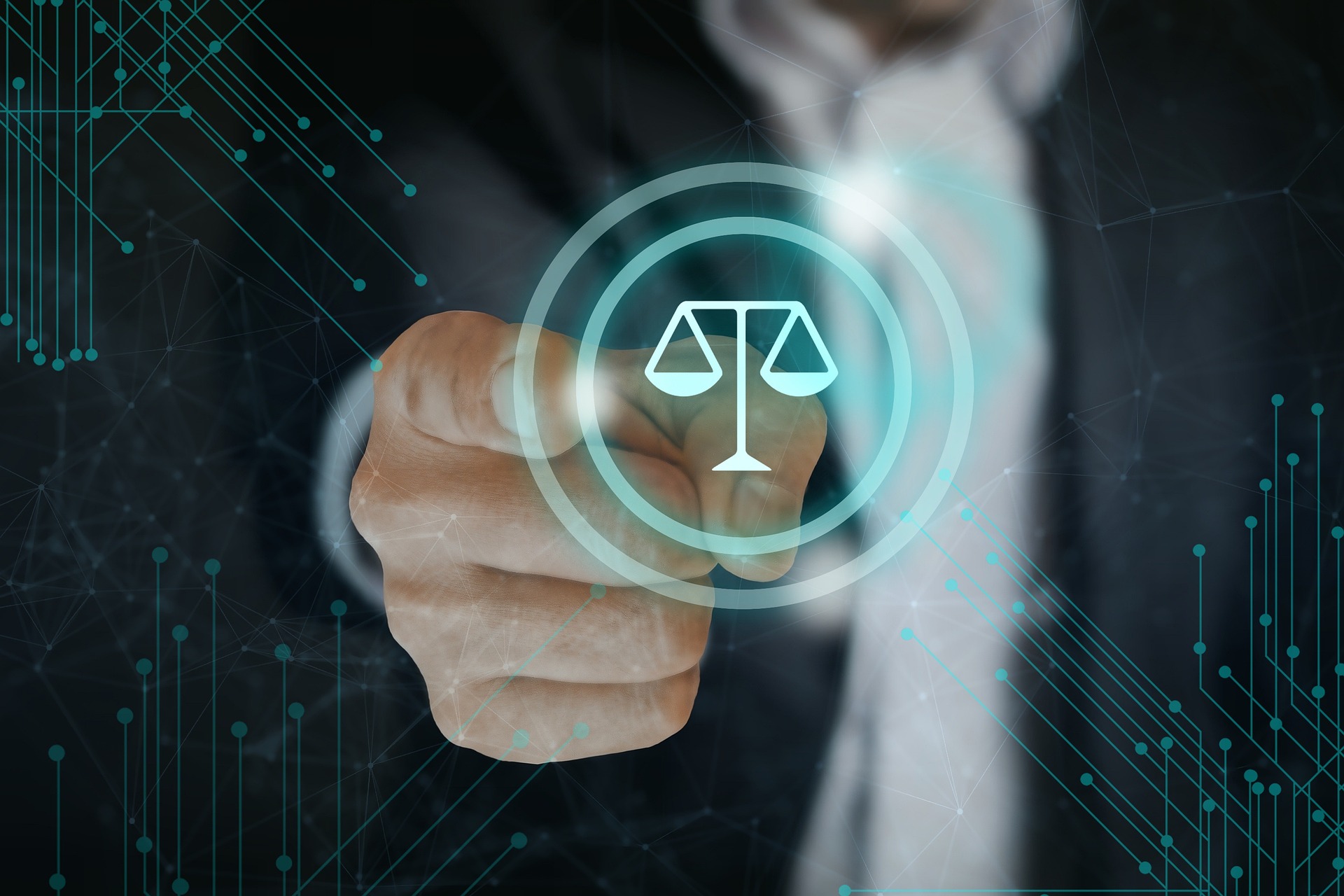"Understanding the Significance of the First Amendment in the Digital Age"
The First Amendment of the United States Constitution guarantees the freedom of speech, religion, and the press. However, in the digital age, interpreting and applying these freedoms has become more complex. The following article delves into this issue, providing a comprehensive understanding of the First Amendment's historical context, its current application, and its implications in the age of technology.

The First Amendment: A Historical Perspective
The First Amendment was adopted in 1791 as part of the Bill of Rights. Originally, it was designed to protect citizens from government interference in their personal liberties. It guaranteed that Congress would not make any law “abridging the freedom of speech, or of the press; or the right of the people peaceably to assemble, and to petition the Government for a redress of grievances.” For over two centuries, it has served as a cornerstone of American democracy, ensuring the free exchange of ideas and opinions.
The First Amendment and the Internet
The advent of the internet introduced a new landscape for free speech. With the ability to share information globally and instantaneously, the First Amendment’s application has expanded in unprecedented ways. As a result, legal scholars and courts have grappled with questions such as whether online platforms are considered public forums, whether online speech should be protected to the same extent as traditional speech, and how to balance free speech with issues like online harassment and hate speech.
Current Legal Updates and Discussions
Recently, these questions have taken center stage in discussions about the role of big tech companies in moderating content. In 2020, the U.S. Supreme Court refused to hear a case questioning whether social media platforms are bound by the First Amendment, leaving lower court rulings in place that generally side with tech companies. Additionally, new legislation is being proposed at both state and federal levels that could impact how the First Amendment is applied online.
Implications and Impact on Society
The way we interpret the First Amendment in the digital age has profound implications for society. On one hand, broadening the scope of free speech protections could allow for the unrestricted exchange of ideas and opinions, fostering creativity and innovation. On the other hand, it could also provide a shield for online harassment, hate speech, and disinformation. Therefore, finding the right balance is crucial to maintain a healthy, democratic society in the digital age.
Conclusion
As we continue to navigate this new frontier, it is clear that the First Amendment will continue to play a critical role in shaping our digital society. Although the task of interpreting and applying this centuries-old amendment in the context of modern technology is complex, it is a challenge that we must meet to ensure the preservation of our fundamental freedoms.
In conclusion, the First Amendment, a cornerstone of American democracy, is in the spotlight as we grapple with its application in the digital age. As we address these challenges, it is essential to strike a balance that upholds free speech while preventing the spread of harmful content.




